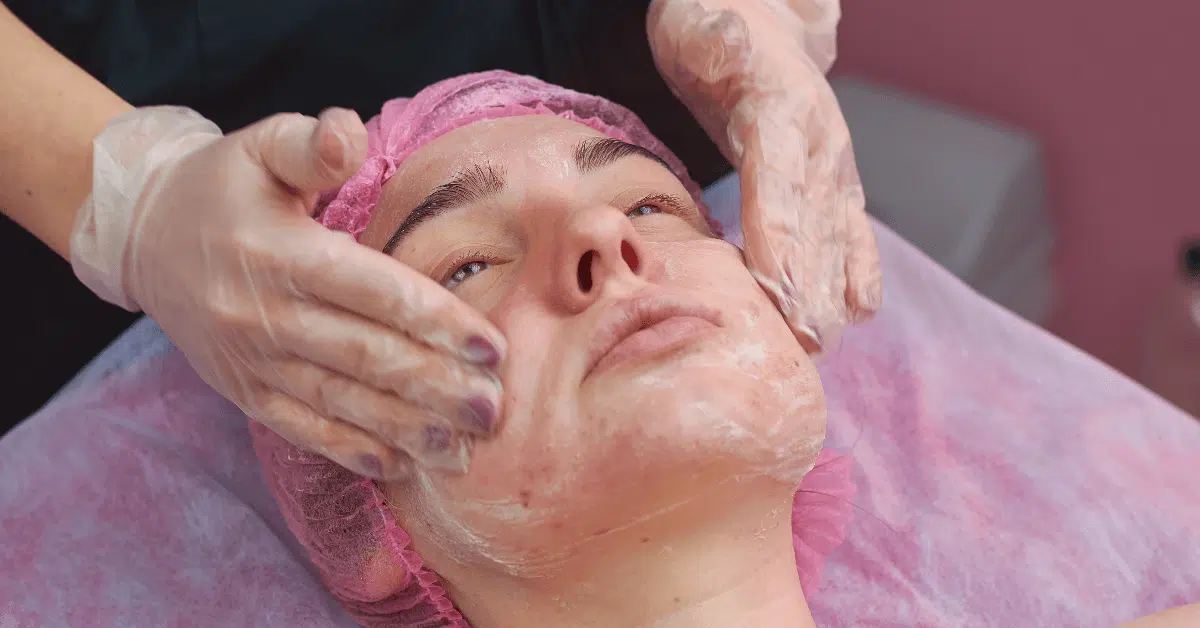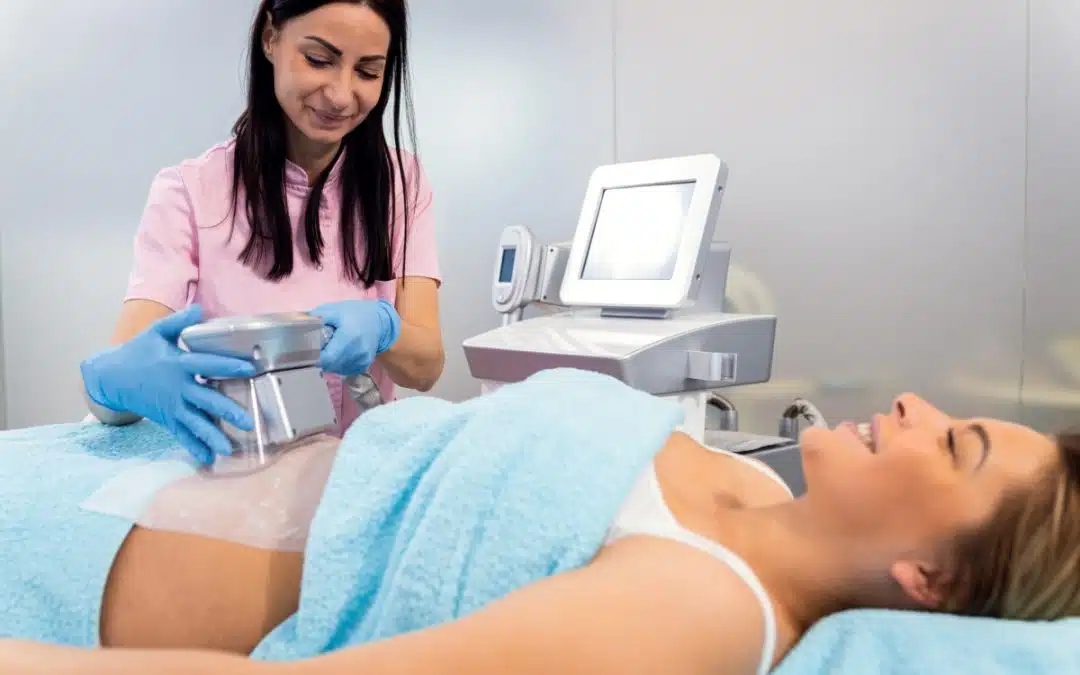Fair and glowing skin is most people’s dream, and the good news is there are all kinds of remedies available to bring your dream to reality. In the list are chemical peels. The word ‘chemical’ makes this approach sound complicated, but that is nothing like it.
On the brighter side, applying this chemical solution gets rid of skin layers to give away that youthful skin hiding underneath. Additionally, the skin peel chemical minimizes wrinkles and enhances a smooth appearance that everyone will be dying to touch, maybe!
While we mainly focus on our faces which make the first impression, chemical peels are still applicable to the hands and neck, and at Wymore Laser & Anti-aging medicine, they offer chemical peels for acne scars and more.
Conditions That Chemical Peels Can Heal
Having a skin peel can minimize the following skin conditions:
- Wrinkles and fine lines
- Some types of acne
- Scarring
- Uneven skin tone
- Rough skin texture
- Dark patches (melasma)
- Precancerous scaly spots
Is a skin peel suitable for anyone?
Everyone’s condition is different, so are the objectives for getting certain chemical peels for skin. With that in mind, a dermatologist will have to establish the depth of your peel, and together you will determine the best approach based on the condition.
A chemical peel may not work if you want to combat sags, bulges, deep lines, or severe wrinkling. Instead, consider other cosmetic surgical procedures performed by a dermatologic surgeon.
If you have a darker skin tone, you are likely to get darker after the procedure. This condition is called post-inflammatory hyperpigmentation. In that case, your dermatologist may consider a less aggressive treatment to minimize the risk.
Types of Chemical Peels
Dermatologists usually perform chemical peels in their offices, while specialists carry out deep peels in outpatient surgical facilities. These days, many people also do chemical peels at home.
To begin, the specialist ties your hair back and cleans your face. They might give you goggles to protect your eyes and may also apply gauze.
For deep peels, your dermatologist applies a topical anesthetic to numb the area. If they’re treating a large area, they use regional anesthetics. The types of peels include:
Light peel
To apply the chemical solution, say salicylic acid, your doctor will use a cotton ball, gauze, or brush. Once the treatment starts working, the effect is a skin whitening and probably a stinging sensation. To complete the exercise, the solution is removed, or your doctor may add a neutralizing solution.
Medium peel
The dermatologist will use gauze, a unique sponge, or an applicator with a cotton tip to apply the chemical solution for this peel. The solution may include a glycolic or trichloroacetic acid. When using trichloroacetic acid, it is called a blue peel due to the addition of a blue color. When the skin whitens, a cool compress is applied to the skin. For roughly twenty minutes, you will feel a stinging or burning sensation. For the medium peel, there is no need for a neutralizing solution. Instead, a hand-held fan will work just fine in cooling off your skin.
If you use the blue peel, that color will linger for several days and eventually disappear.
Deep peel
You will have to be sedated for this peel. With a cotton-tipped applicator, phenol is applied to the skin. As an effect, your skin may turn white or gray. Constant exposure to the acid is not advisable. Therefore, this treatment will happen in different portions of fifteen minutes.
Cost of chemical peels
First, the type of peel determines how much you’ll pay. Other factors, such as your location and your doctor’s level of expertise, also affect the cost. Except for your initial consultation, insurance companies usually won’t cover the procedure because they don’t classify chemical peels as medically necessary.
FAQS
Which peel is best for the skin?
Based on the objective at hand, like whitening, toning, or lessening the wrinkle appearance, your dermatologist should help you determine the best peel that will work for you.
Contact Us
At Wymore Laser & Antiaging Medicine, their objective is to ensure you look and feel great about your skin. Our skin specialists and state-of-the-art technology ensure a smooth and satisfactory skin peel process. Voted as Orlando’s 2020 and 2021 premiere non-invasive clinic, you can rely on our quality skincare services, including chemical peels.







